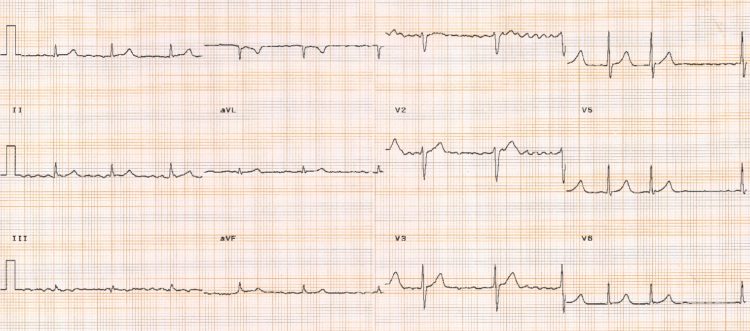What is atrial fibrillation?
21 June 2020 / 2:39 pm

What is it?
Atrial fibrillation (AF) is the most common clinical heart rhythm condition. An abnormal rhythm in the top part of the heart generates an irregular pulse and alters the way the heart functions. AF is more common in patients who have high blood pressure, valvular heart disease and heart failure. AF is recognised to be more common in athletes.
How common is it?
AF affects at least 1% of the population but it becomes more common with increasing age so that it affects as many as 1 in 20 at the age of 65 and 1 in 10 by the age of 80.
What symptoms might I get?
Often none, although some patients with AF describe symptoms of palpitation, giddiness, breathlessness and fatigue. The irregular heart rhythm can cause small clots to form within the heart. If these leave the heart they can result in stroke. The abnormality in heart function can also result in the onset of heart failure.
What extra tests are required?
You may need a heart ultrasound called an echocardiogram to look at your heart structure and function. Some patients require a heart monitor to look at their heart rate profile.
Will I need treatment?
Patients with AF often need medication to thin their blood to reduce the risk of stroke. Drug therapy is sometimes required to slow the heart rate. Selected patients require rhythm stabilising medication and are recommended to have an electrical procedure called cardioversion to restore the rhythm to normal. Occasionally a more complex procedure called ablation is necessary to maintain a normal heart rhythm.
Is it hereditary?
Usually not but there are rare cases where AF is more common in certain families.
Does this affect my life expectancy?
AF has been associated with a reduced life expectancy (largely because of stroke and heart failure) although with modern treatment most patients lead an entirely normal life.
What happens next?
If you have been diagnosed with AF, a consultation can be arranged with your GP or cardiologist to discuss treatment options.
Useful links
More Posts
7 May 2025
A digital health diary revisited
16 March 2024
Developing a new strategy for healthy Islanders
4 February 2024
A digital health diary for Jersey
27 December 2022
Utilising artificial intelligence in cardiology practice
12 June 2022
Under the bonnet – time for your heart’s MOT
12 March 2022
What is heart valve disease and what does that mean for me?
12 January 2022
Preventing heart disease using augmented digital health intelligence
1 October 2021
How heart health has been impacted by COVID-19
1 August 2021
The importance of the rhythm of your heart
8 April 2020
Coronary heart disease and risk of heart attacks
11 January 2020
The Era of Immersive Health Technology
22 September 2019
The heart and stress
18 August 2019
Screening for Atrial Fibrillation and the Role of Digital Health Technologies
20 November 2018
Ectopic beats – how many count?
28 July 2018
How can immersive VR and AR technologies improve your physical and mental health?